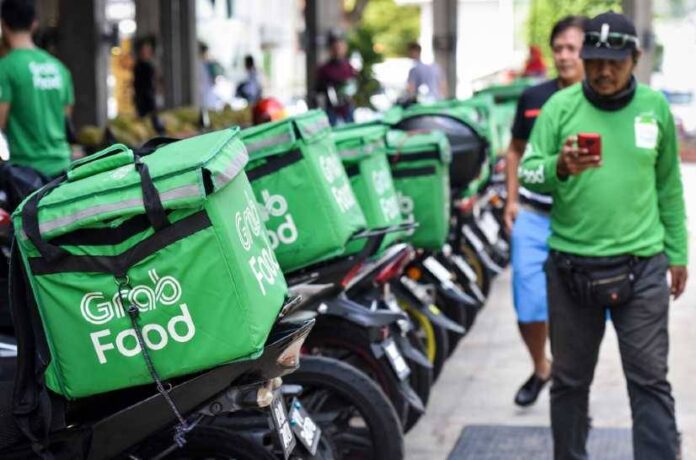Taking a look at Grab’s story, one can see how they are able to develop their business from a financial point of view, but also in terms of their ability to generate and implement new technologies. In addition, their culture and communication are also able to generate a lot of problem solving power. In this article, we will discuss about Grab Indonesia 5k Balipermatasaribloomberg.
Also Read: solarwinds czechia poland belarusyorktimes
Grab’s capacity to create and implement new technologies
Founded in 2012, Grab Indonesia is a consumer-technology firm that provides transportation, payments, and logistics services. The company’s net revenues exceeded $1.6 billion last year, and is expected to reach $40 billion in an IPO listing on Nasdaq by December 2.
The company operates in eight markets in Southeast Asia by the end of 2019. Grab will also operate in more than 250 cities in Indonesia by 2020. Currently, Grab provides transportation services to a wide range of customers, including merchants, consumers, and drivers. It is also building a digital ecosystem in Southeast Asia to support these customers.
Grab has invested in its payments and delivery segments. The company will use the proceeds of the IPO to revolutionize mobile payments and build a low-cost delivery network. It plans to invest in maps and other technologies for the new platform.
Grab’s leadership aims to set the company’s priorities and direct its teams to achieve them. The company prioritizes user feedback. It conducts surveys, hosts in-person focus groups, and contracts with third parties to collect feedback. This allows the team to analyze results, determine the cause of the issue, and build a hypothesis.
Grab’s story of success from a financial point of view
Despite its spectacular rise in Southeast Asia, Grab has faced numerous challenges. This case study examines how Grab’s team responded to these challenges. The company has a unique culture that encourages problem-solving power. The company encourages experimentation, while also encouraging teams to solve problems with internal resources.
The company also has an organizational structure that allows for flexibility. It has reorganized several times in Indonesia. This structure allows the company to focus on addressing current challenges and future plans.
Grab has been very successful in Indonesia. Grab’s success is a testament to the company’s ability to adapt to its market. Grab is a super app that can provide transportation, food delivery, and financial services. The company’s focus on service is evident in its efforts to improve the financial health of the Indonesian people. Grab is working with a growing ecosystem of local partners to narrow the financial inclusion gap.
Grab has also implemented a number of initiatives to address Indonesia’s most pressing challenges. For example, Grab was the first private company to participate in a vaccination program. Grab has set up 54 vaccination drives across the country. Grab also provides shields to motorbike drivers. These shields keep passengers safe. The company also provides income opportunities for drivers.
Grab’s mission is to improve lives in Southeast Asian countries
Founded in Malaysia in 2012, Grab is a ride-hailing app. It is a social enterprise with a mission to improve the lives of Southeast Asians. Through its platform, Grab connects millions of consumers to millions of businesses and drivers. It offers a variety of transportation, financial, and logistics services. Originally a taxi booking app, Grab has expanded to include food delivery, hotel bookings, and more.
Grab’s business model was inspired by its founders’ desire to make transportation safer for Malaysians. Initially called MyTeksi, Grab expanded into ride-hailing and fintech. Today, Grab serves consumers and businesses across eight Southeast Asian countries. It has over 3 petabytes of transportation data and has been downloaded onto millions of mobile devices.
In April of this year, Grab announced the launch of a US$275 million fund to support social impact programs in Southeast Asia. The fund will launch its first wave of programs in 2022. The fund will also support initiatives to improve the environment and promote local tourism.








